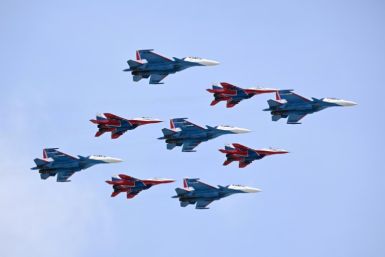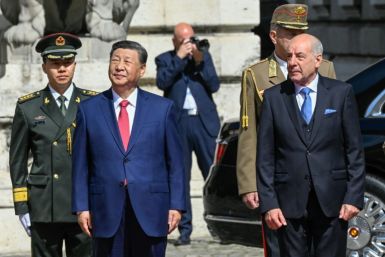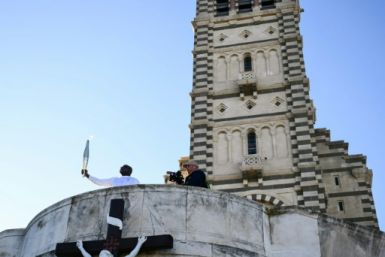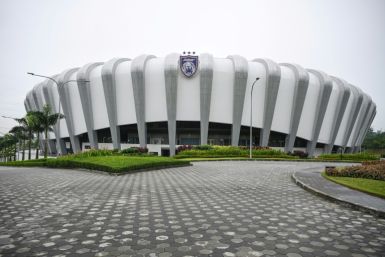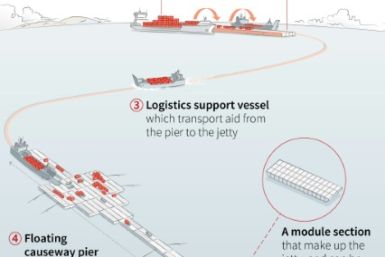Ridding Sports of Homophobia, World’s First in Australia
On Wednesday, Australia set a world's first with its biggest sporting codes uniting in a commitment to eliminate the sports of homophobia.
Top executives from Football Federation Australia (FFA), the Australian Football League (AFL), Australia Rugby Union (ARU) and National Rugby League (NRL), together with a representative from Cricket Australia (CA), expressed their unity in the commitment.
"Today's announcement takes this matter to an entirely new level as five of Australia's major professional sporting codes stand shoulder to shoulder on our collective commitment to tackle all forms of discrimination, particularly homophobia. Our vision for the game is to create an inclusive Australian rugby community so our decision to implement an inclusion policy was entirely consistent with our policy for the game. Put simply, we believe that every individual, whether they be players, supporters, coaches or administrators, should all feel welcome and included regardless of race, gender or sexuality," ARU's Bill Pulver said during the announcement.
AFL's Andrew Demetriou believes that the commitment is a step closer in eliminating gender discrimination in sports.
"We know there is still work to be done. Discrimination is never acceptable and vilification based on sexual identity is just as serious an offence as vilification based on gender, race, religion or special disability," Demetriou said.
"In 2014, football welcomes everyone, football says come and play our game, it's safe and we won't discriminate against you on any grounds. Anti-discrimination policies exist in football on a number of levels but this is specifically focused on a blight on society, which is homophobia, and I would certainly think now that Australia can be put up as a role model for the rest of the football world, " FFA chief David Gallop said.
As for NRL chief Dave Smith, the incident of 2013 on Ryan Stig was enough of a lesson for them to learn.
"We still have moments where I'm not proud, like when one of our players made the most disparaging remarks about homosexuality last year. We should have been stronger in our condemnation of those remarks ... we would take harder line against anyone who made such appalling remarks today," Smith emphatically said.
The agreement was signed ahead of Bingham Cup known as the World Cup of gay rugby.
Greg Inglis, South Sydney, Queensland and two-time Indigenous All-Star, said that sports should be about a person's physical agility and not whether he belonged to the stereotypes of race, gender, sexuality and disability.
In a statement to NRL, Inglis said NRL has been incredibly supportive of Indigenous players like him with its programs - All Stars concept, the Indigenous Players Camp, Close the Gap Round.
Inglis called for all the gay NRL players to come out in this most opportune time.
"If individuals want to come out and promote that they're gay or they're not, I'm all for it. I'm a big believer, a firm believer, in respecting what others are and who they are. The environment that I grew up in and the teams I've been involved in have always embraced that and that's just the way the culture is," Inglis said.
Inglis mentioned Ian Roberts, the only Australian professional rugby player to come out, as the one person whom gay athletes should follow.
"People like Ian Roberts, who, in 1995, took the brave step of one of the toughest rugby league players in the game to declare that he was gay. The great thing was not that Ian was brave enough to make that declaration, but that it was so sensitively received by his peers in the rugby league community."


